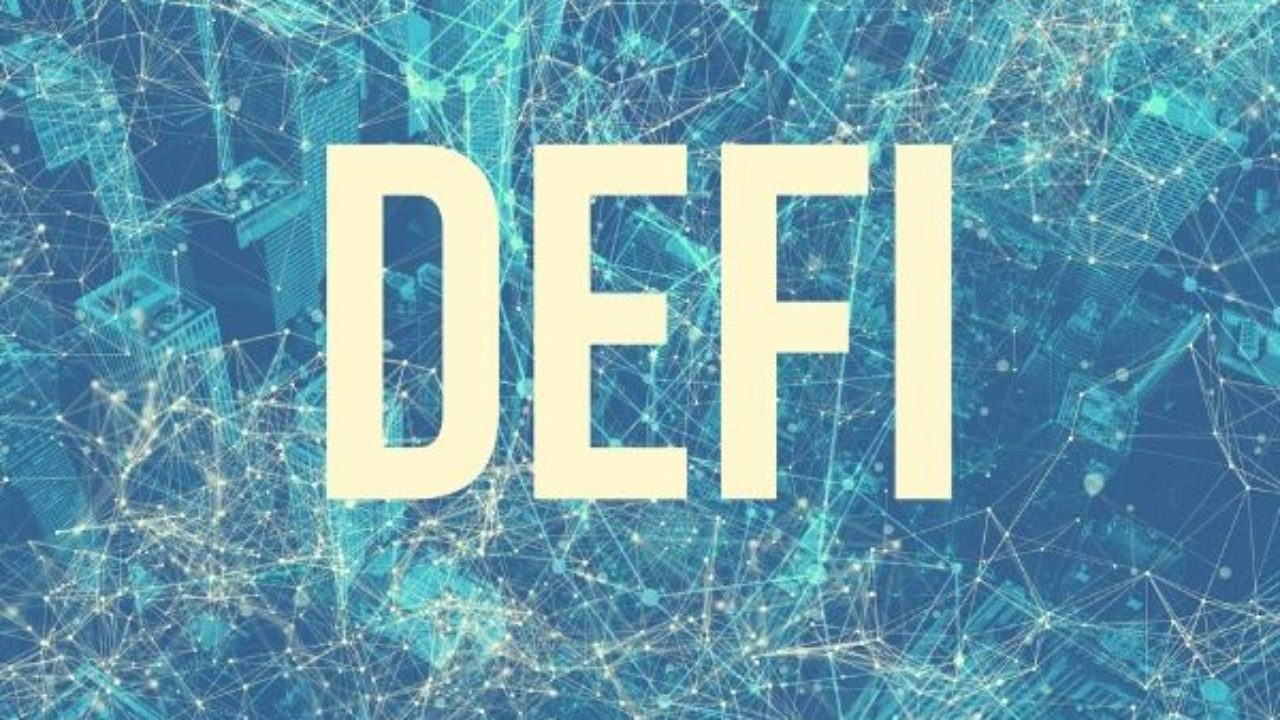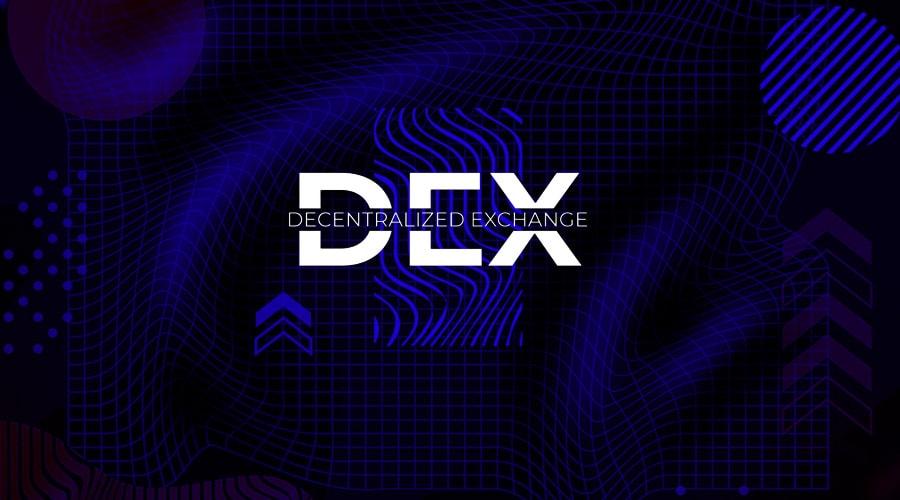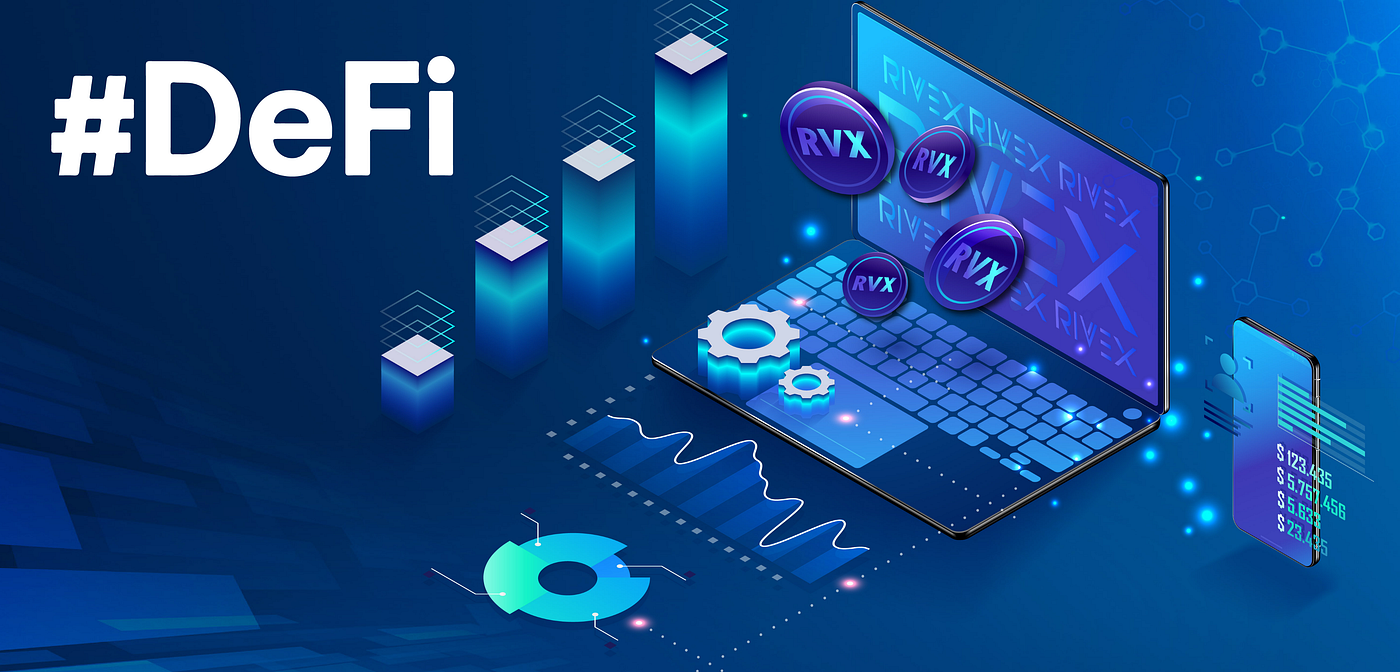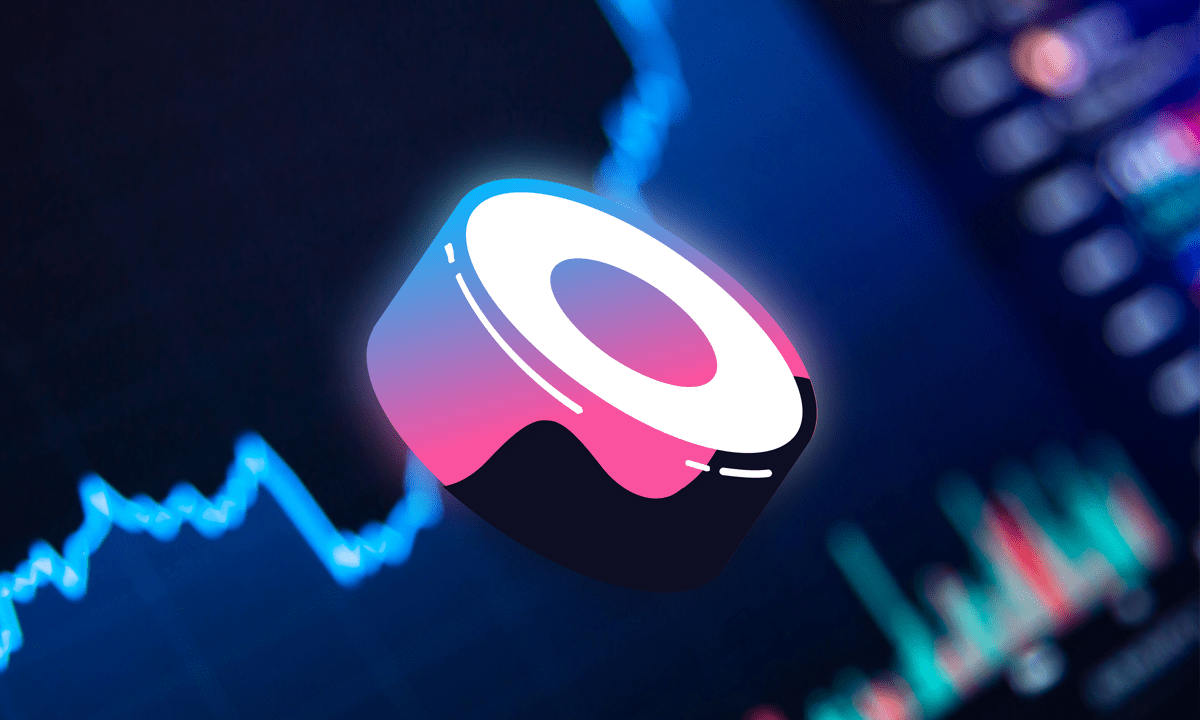In the ever-evolving landscape of cryptocurrency, decentralized finance (DeFi) has emerged as a game-changer. DeFi, short for decentralized finance, represents a revolutionary shift in how financial services are delivered and accessed. Unlike traditional financial systems, DeFi apps and platforms operate on blockchain technology, ensuring transparency, security, and accessibility. At the heart of the DeFi revolution are staking tokens, which have gained significant prominence in recent years. Staking tokens have become the driving force behind DeFi investment, enabling users to participate in various DeFi projects and unlock exciting opportunities. In this article, we will delve into the world of DeFi staking tokens, exploring their role in the booming DeFi cryptocurrency space.
Understanding DeFi and Its Significance
DeFi crypto is a term that has been making waves in the world of finance. This innovative concept is essentially a financial system that operates outside of traditional institutions, such as banks, and relies on blockchain technology to facilitate financial transactions. DeFi apps and platforms are built on smart contracts, which are self-executing contracts with the terms of the agreement between buyer and seller being directly written into lines of code. These contracts enable trustless transactions, reducing the need for intermediaries and making financial services more accessible to a global audience.
The DeFi movement has gained traction for various reasons. Not only does it offer more financial inclusion, but it also allows for DeFi investment opportunities that can be highly lucrative. Many investors are flocking to DeFi platforms to take advantage of the attractive returns on offer.
The Role of Staking Tokens in DeFi
Staking tokens are an integral part of the DeFi ecosystem, playing a pivotal role in the operation of decentralized finance platforms. These tokens are often used for network validation, governance, and participation in various DeFi projects. They enable users to become active stakeholders in the DeFi space by locking up their tokens in exchange for rewards.
Top DeFi Platforms and Their Staking Tokens
As the DeFi ecosystem grows, numerous DeFi platforms have emerged, each with its unique set of staking tokens. These tokens serve as the lifeblood of these platforms, offering incentives for users to engage with them. Let’s take a closer look at some of the top DeFi platforms and the staking tokens associated with them:
- Ethereum – The pioneering blockchain network in the DeFi space, Ethereum has its native cryptocurrency, ETH, which can be staked to participate in various DeFi projects. Stakers receive rewards for validating transactions and securing the network.
- Binance Smart Chain (BSC) – BSC, a blockchain developed by Binance, offers a range of DeFi projects, each with its staking tokens. For instance, PancakeSwap has CAKE tokens, which can be staked for rewards and governance.
- Cardano – ADA is the native cryptocurrency of Cardano, which has been gaining popularity in the DeFi space. Staking ADA allows users to participate in the network’s consensus and governance.
- Polkadot – DOT is the staking token of the Polkadot network, which enables users to secure the network and participate in governance decisions.
These are just a few examples of the top DeFi platforms and their associated staking tokens. However, the DeFi landscape is constantly evolving, with new and upcoming DeFi projects launching regularly, each with its unique staking opportunities.
Staking Tokens as Investment Vehicles
One of the primary attractions of staking tokens is the potential for substantial returns. DeFi investment has become a popular strategy, with investors seeking to stake their tokens in projects with promising prospects. When you stake your tokens, you essentially lock them up in a smart contract, contributing to the security and operation of the underlying blockchain network. In return, you receive rewards in the form of additional tokens or other incentives.
For many investors, staking tokens provides a more sustainable income source compared to the volatility associated with trading. While staking typically offers lower returns compared to high-risk trading strategies, it provides a more secure and passive income stream. Furthermore, it aligns with the principles of long-term investment and commitment to the success of the underlying blockchain network.
Governance and Decision-Making
Staking tokens often come with governance rights, enabling token holders to participate in decision-making processes related to the associated DeFi platform. This is a unique feature that empowers the community to have a say in the evolution and development of the platform. Decentralized governance ensures that no single entity or individual has absolute control, enhancing the trust and credibility of these platforms.
Influence of Staking Tokens on DeFi Ecosystem
The influence of staking tokens in the DeFi cryptocurrency ecosystem cannot be overstated. These tokens are the driving force behind the growth and sustainability of DeFi platforms. They incentivize user participation, secure blockchain networks, and enable decentralization in decision-making.
Decentralized finance has brought about a financial revolution, and staking tokens have emerged as the cornerstone of the DeFi ecosystem. They play a vital role in network validation, governance, and enticing users to actively engage with DeFi platforms. The allure of DeFi investment through staking tokens lies in its potential for sustainable, long-term returns, while also allowing individuals to have a say in the platforms they support. As the DeFi landscape continues to evolve, we can expect staking tokens to remain a critical component, feeding the frenzy and propelling DeFi to new heights.




